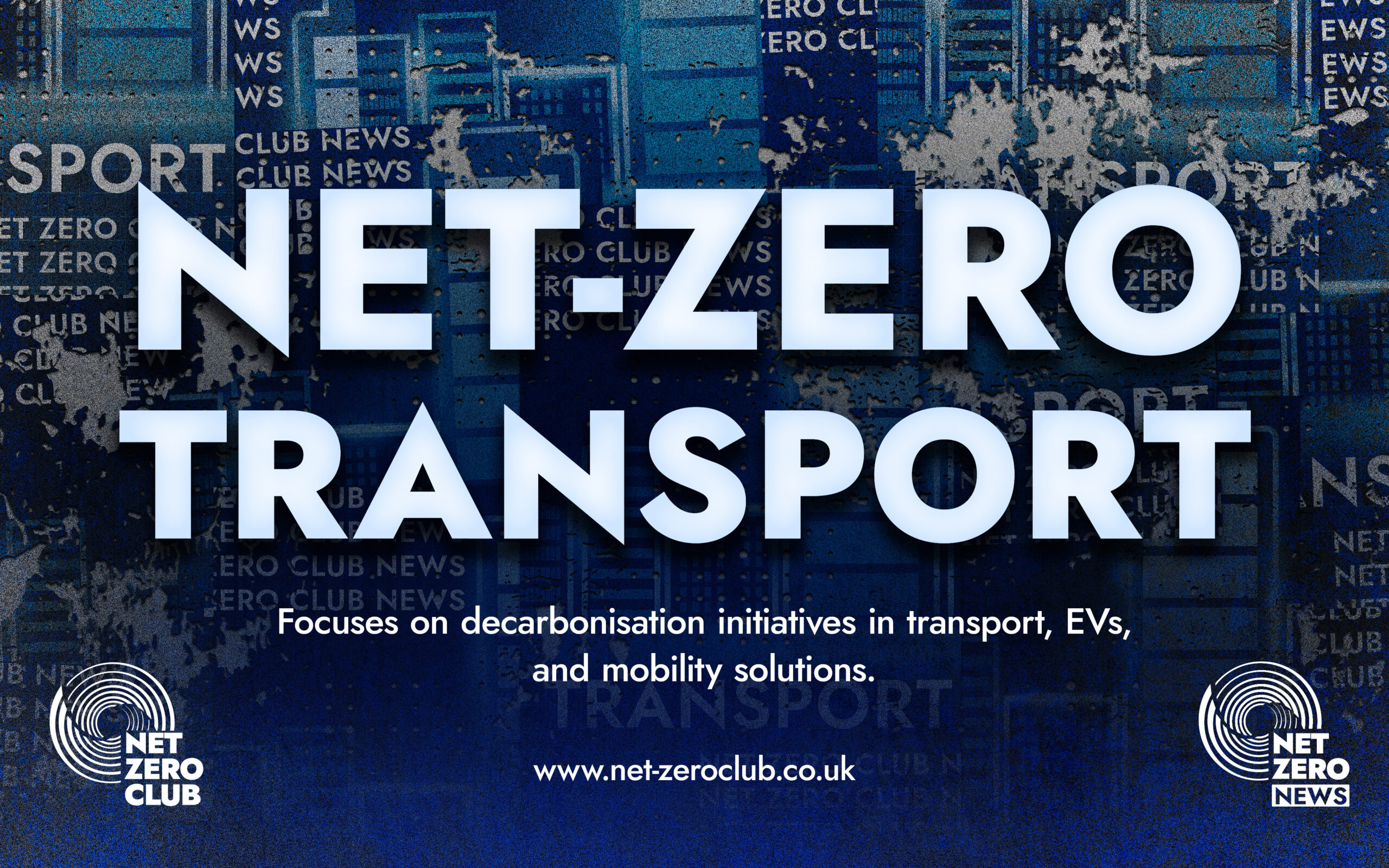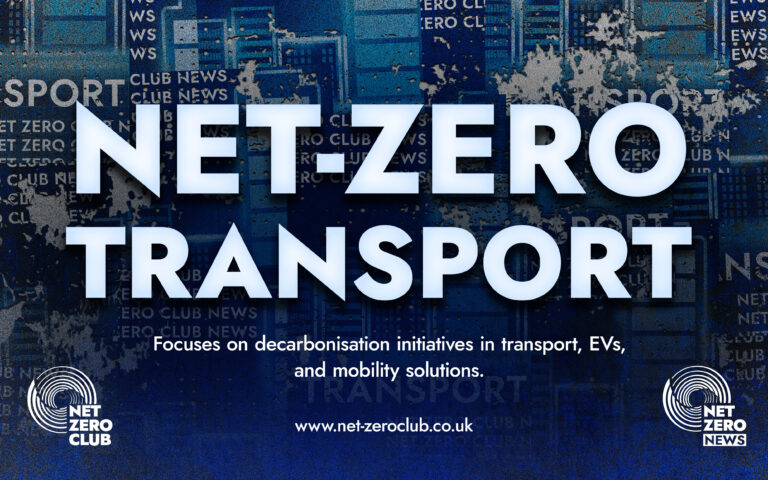Boost EV Purchase Enthusiasm: Myth-Busting Insights

Welcome, Net Zero News readers,
In the quest for a greener future, the transition to electric vehicles (EVs) is a crucial step. However, persistent myths and misinformation continue to hinder their widespread adoption. Recent research conducted by Char.gy, a pioneering firm in the on-street charging sector, highlights the potential to combat these barriers through effective public education grounded in facts.
The study reveals that engaging potential EV buyers with simple, fact-based statements can significantly alter perceptions. For instance, when respondents were informed that “EV batteries last 10-15 years,” there was a remarkable 12-point increase in the willingness to consider an EV among those already contemplating the switch. This finding underscores the power of accurate information in shaping public opinion and driving change.
Entitled “What Everyone Should Know About EVs,” the report also identifies the key areas where myths and misinformation are most prevalent. A staggering 71% of UK drivers who have yet to make the switch to electric vehicles cite ‘range anxiety’ as their foremost concern. Despite substantial advancements in EV range, this fear remains a significant barrier to adoption.
Moreover, the issue of purchase price looms large, with 62% of potential buyers expressing concerns over the cost. However, it’s worth noting that the average price of used EVs has plummeted by over 20% since 2023, with projections indicating a further decline of 28% by 2030. This shift in the market could make electric vehicles more accessible for many consumers.
Particularly noteworthy is the study’s insight regarding the used car market, which appears to be a ripe area for addressing misconceptions and concerns about EVs. More than half of those considering an EV (between 53% and 57%) now express intentions to purchase a second-hand vehicle, signalling a shift in consumer behaviour that could be capitalised upon by targeted educational campaigns.
Perceptions surrounding charging accessibility and awareness of options are also significant deterrents for potential buyers. While 63% of UK drivers indicate a willingness to own an EV within the next five years, only a mere 5% currently do. Alarmingly, 72% of those rejecting the idea of switching to electric vehicles cite a lack of knowledge about charging locations as a major barrier.
Current EV drivers themselves are not without grievances, as a considerable 88% report dissatisfaction with public charging facilities. Their complaints primarily revolve around issues of cost, availability, and reliability. This points to charging infrastructure as the most critical factor influencing the adoption of electric vehicles.
Affordability of charging is paramount. The research highlights that nearly two-thirds (63%) of non-EV owners would be more inclined to make the switch if charging costs were lower. This sentiment rises to 78% among those considering a short-term switch and 76% among long-term potential adopters. This situation is particularly dire for individuals reliant on public charging, as while 90% of EV owners charge at home, a significant portion of the UK population—around 40%—lacks access to a driveway. This “driveway divide” is creating an inequitable landscape for EV adoption, with urban renters and those living in flats facing significant hurdles.
In light of these findings, the report calls for immediate and targeted interventions to tackle these pressing issues. Recommendations include the launch of focused myth-busting campaigns, the expansion of kerbside charging infrastructure in underserved urban areas, and renewed financial incentives aimed at both home charger installations and EV purchases, especially in the second-hand market.
John Lewis, CEO of Char.gy, encapsulates the urgency of this moment, stating: “EVs aren’t a distant future anymore: they’re here, they’re affordable, and they’re rapidly outpacing combustion cars on performance and value. But the data shows the biggest barrier isn’t the vehicles, it’s the stories we tell about them. If we can debunk the myths and meet people where they are, especially at the kerbside, we’ll accelerate this transition faster and fairer.”
This research serves as a clarion call for all stakeholders in the EV ecosystem—from manufacturers and policymakers to community leaders and advocates—to come together and address these misconceptions head-on. By providing clear, factual information and expanding access to charging infrastructure, we can pave the way for a future where electric vehicles are not just an option, but the norm.
As we continue to navigate the challenges and opportunities of this transition, let us remember the power of education and awareness in shaping a sustainable future. Together, we can dismantle the myths surrounding electric vehicles and foster a more informed and enthusiastic community ready to embrace this vital shift towards net zero.
For those of us committed to the Net Zero agenda, the findings of this research should serve as a rallying point. By advocating for informed discussions around electric vehicles and ensuring equitable access to charging solutions, we can expedite the journey towards a cleaner, greener, and more sustainable world.
Stay engaged, stay informed, and let’s work together to turn these insights into action!

 Got net-zero news, project updates, or product launches to share?
Got net-zero news, project updates, or product launches to share? 